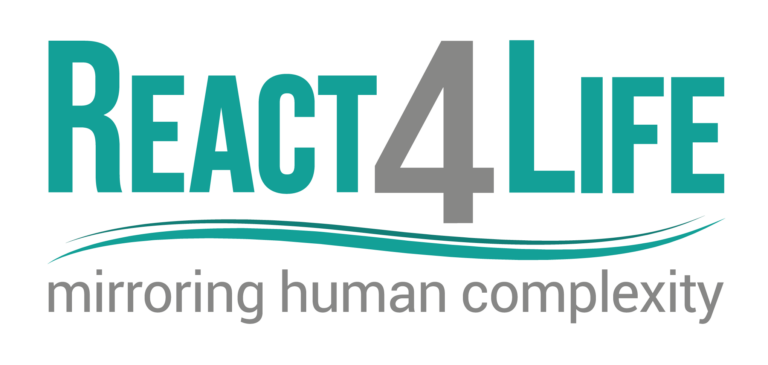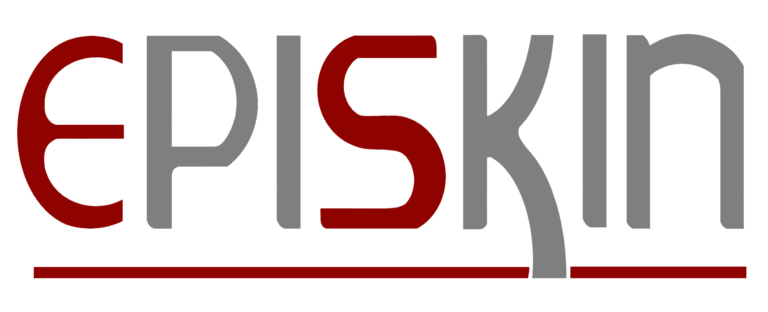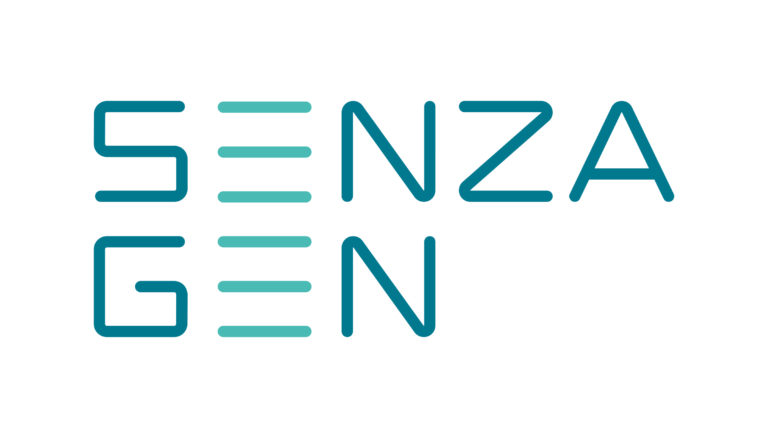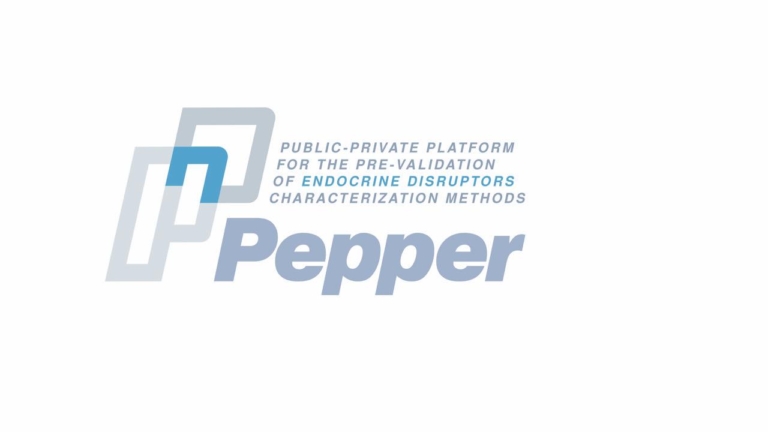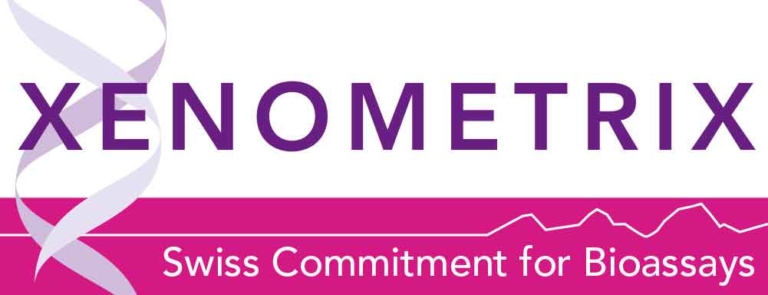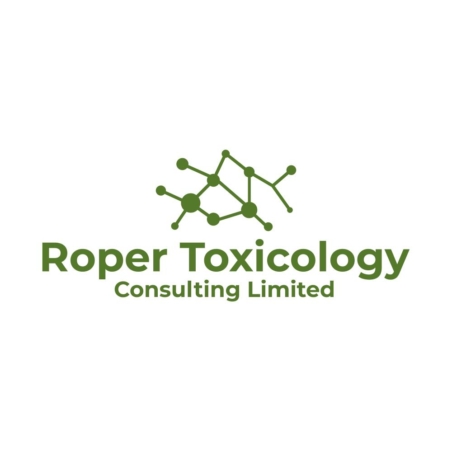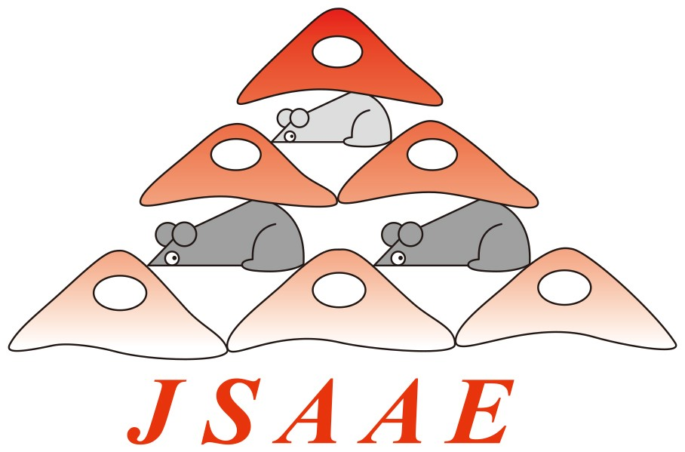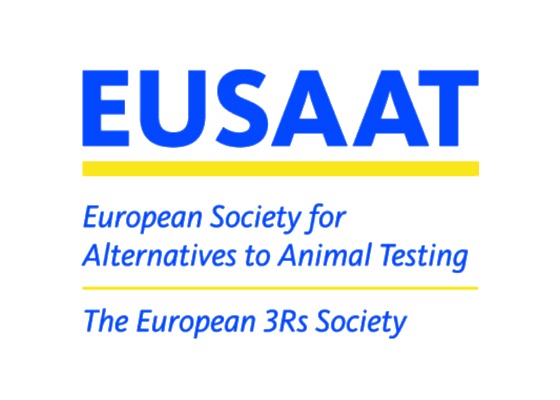The use of cell and tissue-based methods in basic, applied and regulatory science has been increasing exponentially in recent years. Attention to the origin, quality, and composition of all the materials and reagents that are commonly used in in vitro methods is essential to ensure data reproducibility and reliability, as advocated in the Guidance Document on Good In Vitro Method Practices (GIVIMP) published by the Organisation for Economic Cooperation and Development (OECD).
The survey
The Italian NGO OSA (Oltre la Sperimentazione Animale, Beyond Animal Experimentation), in collaboration with other partners, is launching this survey to understand what are the most commonly used animal-derived materials and reagents (e.g., animal sera, antibodies, etc.) in in vitro experimentation, and what is the current level of knowledge on available non-animal derived alternatives.
In particular, this survey has been designed in order to get a better knowledge of:
- What are the animal-derived materials and reagents most commonly used in in vitro experimentation;
- What are the main issues perceived as associated with the production and use of animal-derived materials and reagents;
- What is the current level of knowledge on available non-animal derived alternative materials and reagents for in vitro experimentation;
- What educational and information sources could be useful or most impactful to disseminate knowledge on non-animal derived alternative materials and reagents for in vitro experimentation.
Who is this survey for?
If you are a professional/student active in the human-health, animal or life science area at any level, or if you are a representative of any life science-related institution, please participate in this survey. EU Survey – The use of animal-derived materials and reagents in scientific experimentation
It comprises online multiple-choice questions and takes roughly 15 minutes to complete.
Many thanks for your time and considerationCollaborating Partners
 The ESTIV Members Area
The ESTIV Members Area